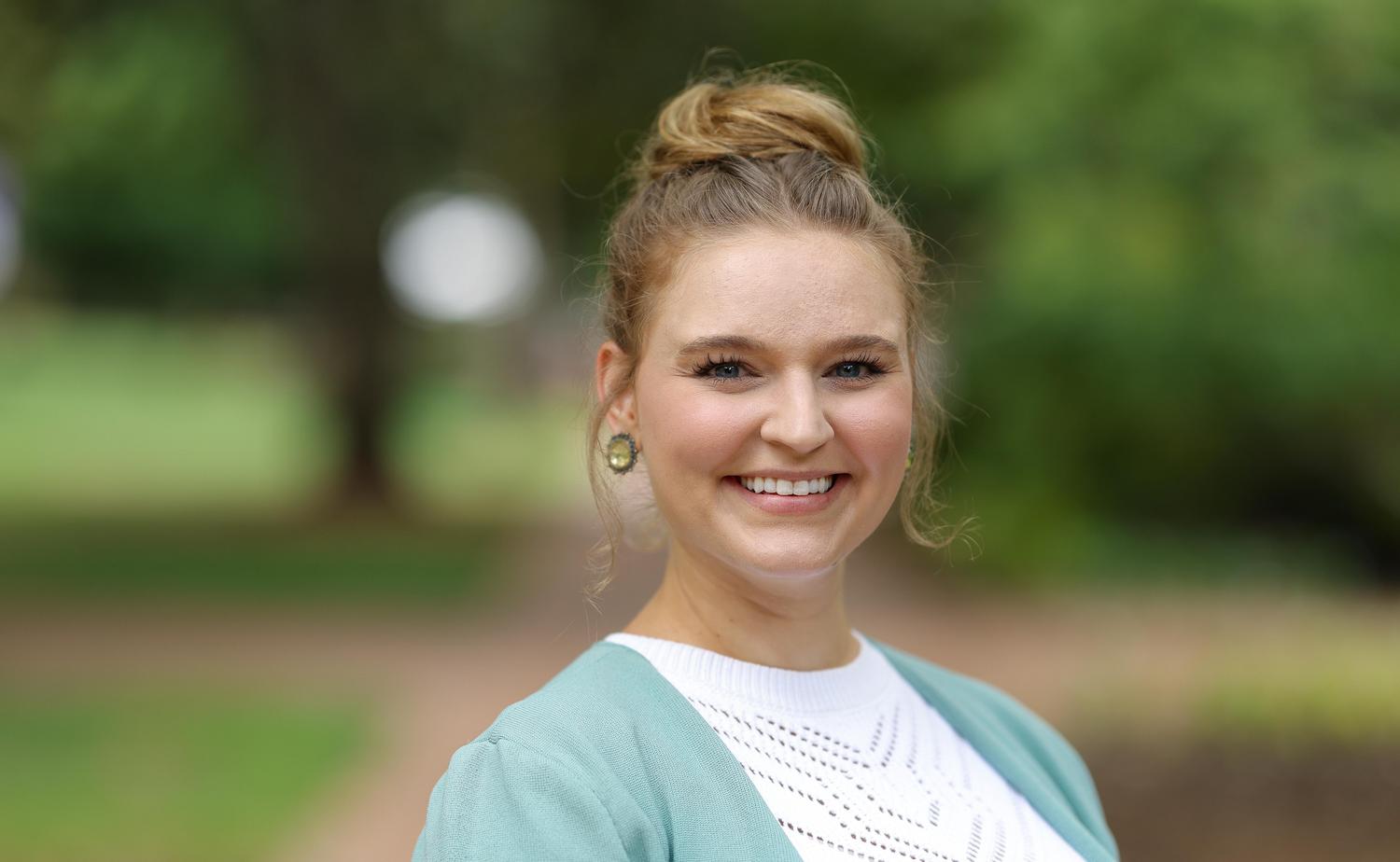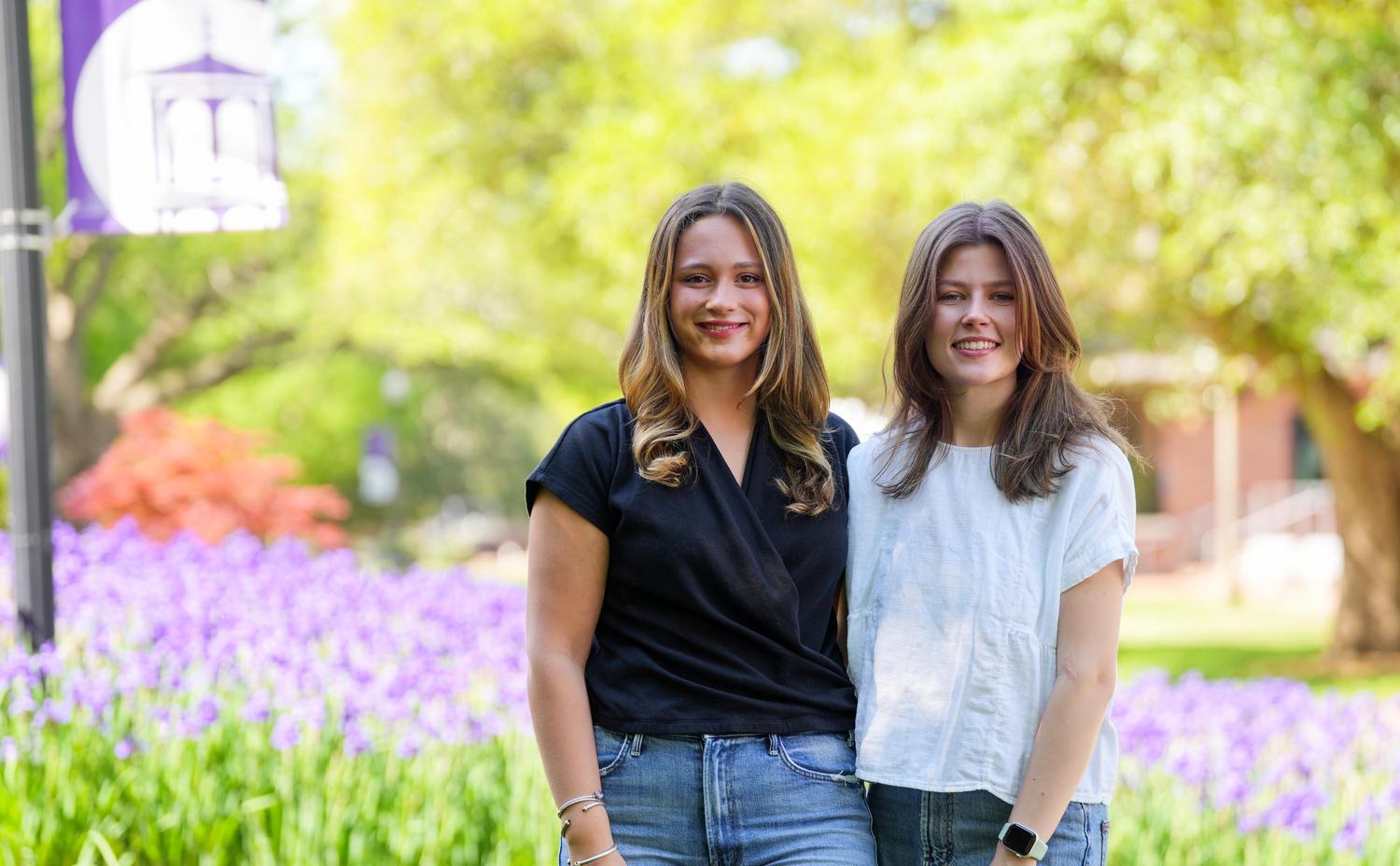Program Overview
Table of Contents
What is a mathematics-economics degree?
Comprehending – and capitalizing – on the global marketplace requires an understanding of all the forces that animate it. A solid portfolio of analytical skills from mathematical fields backed by an understanding of broader economic theory is an essential combination. Students looking to combine their studies of mathematical ideas with their interest in social sciences should consider the mathematics-economics major.
Why study mathematics-economics at Furman?
At Furman, students benefit from a strong foundation in both disciplines as well as electives and a choice of senior seminar in economics. A small faculty-to-student ratio fosters individual attention and mentoring. Students at all levels are encouraged to strengthen their analytical and quantitative reasoning skills in a supportive environment, with access to subject-specific resource centers and libraries. Take your first steps by contacting admissions or reading more about how to apply.
How will you learn?
You’ll get the benefit of small class sizes in a private liberal arts and sciences university – and an education that takes you far beyond classroom lectures. Take advantage of the study away programs to develop new perspectives in a variety of subjects and across cultures. Work with faculty in the summer research programs to break new ground, and explore career opportunities through a diversity of internships. Plan a visit to Furman’s beautiful campus or start your application today.
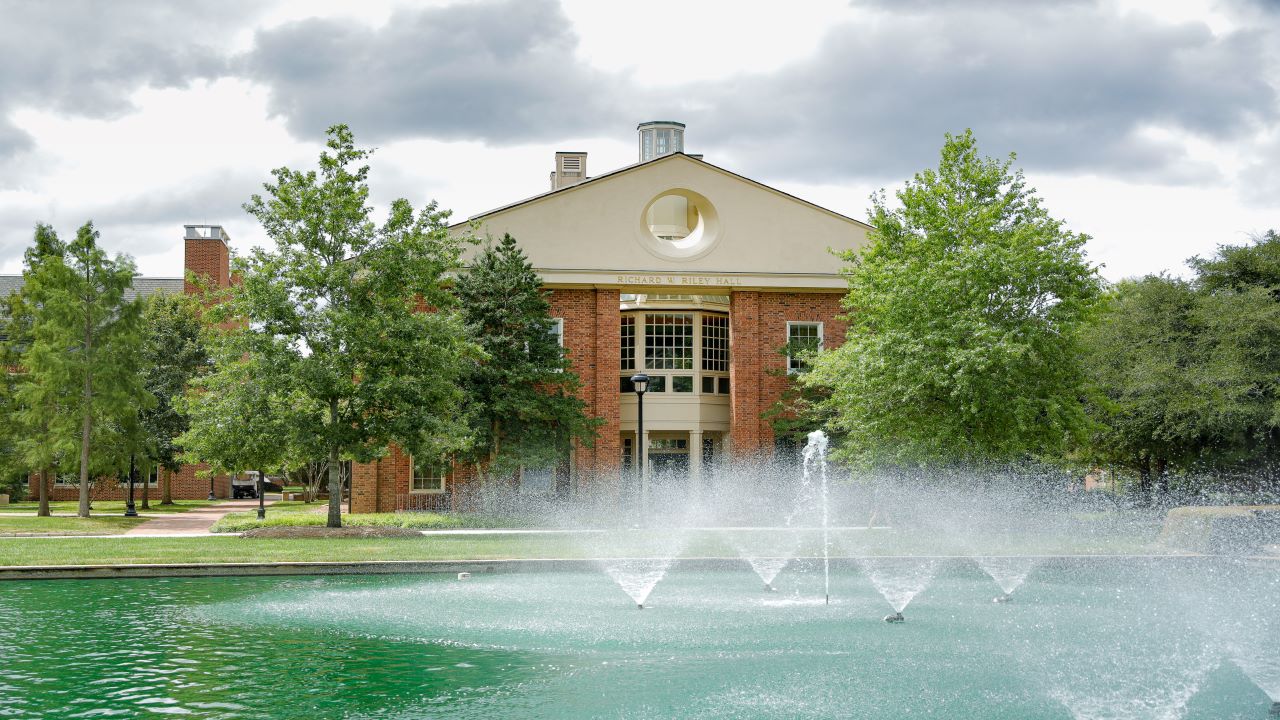
Careers for mathematics-economics majors
The diverse, high-impact experiences that students have over the course of their four years will shape their future careers as economists, mathematicians, critical thinkers and global citizens. Graduates have gone on to be successful in fields such as:

- Business analytics
- Economics
- International trade
- International economics and finance
- Law
- Investment management
- Mathematics
- Operations research
- Actuarial science
- Statistics
Featured mathematics-economics courses
-
100%students conducting research
-
80%students completing interships
-
65%participated in study away
What our students say:
Our faculty
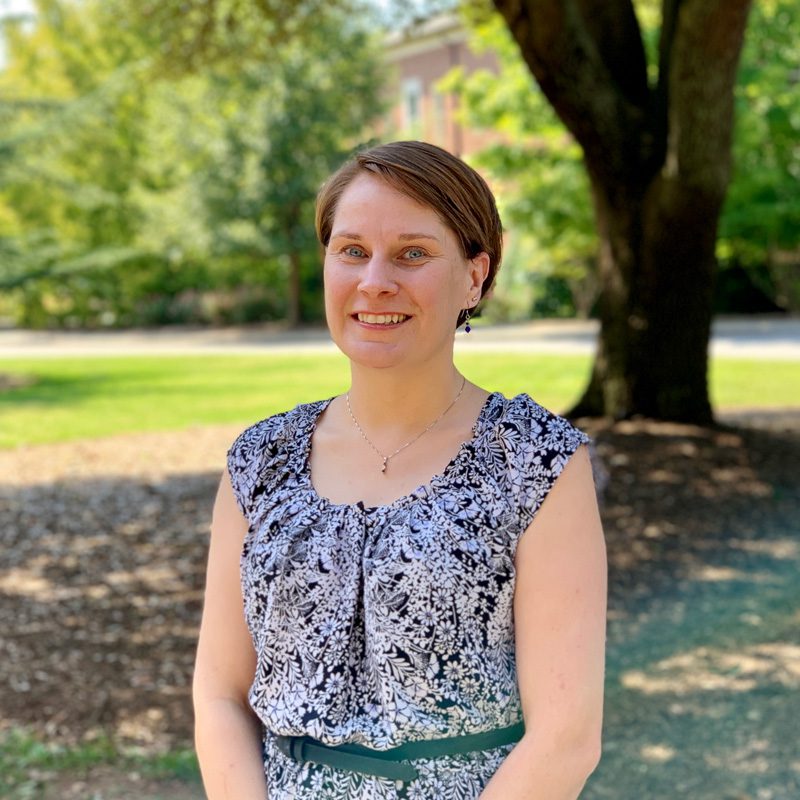
Lori Alvin

Jordan Bounds

Liz Bouzarth

Roy Bower

Nathan Cook
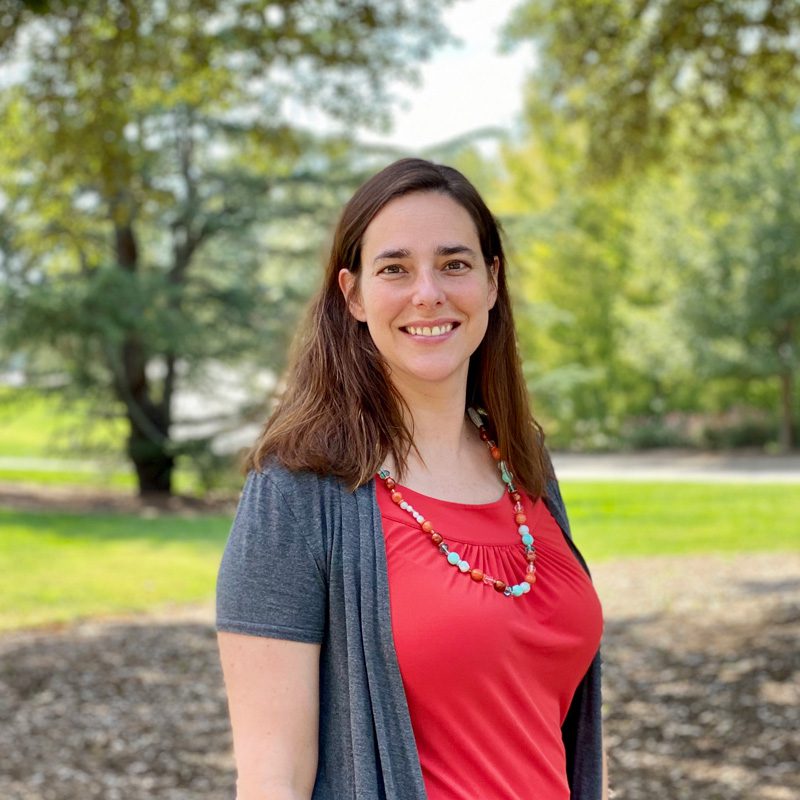
Sarah Frick

Kelsey Hample

John Harris

Casey Hawthorne
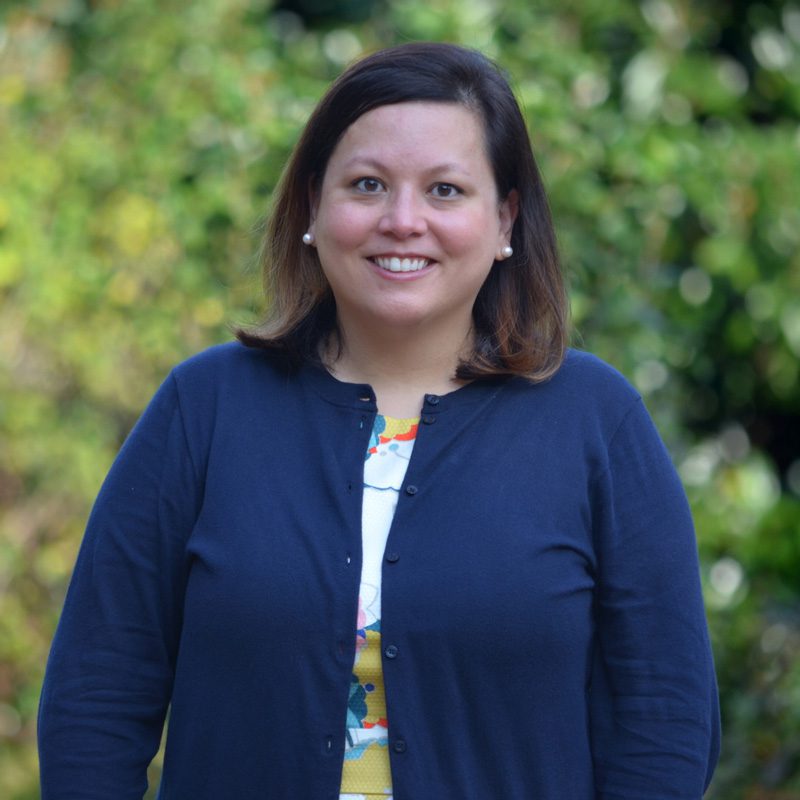
Jessica Hennessey

Kevin Hutson

Jason Jones

M. Taha Kasim

Kailash Khandke

Thomas Lewis

Christian Millichap

Kenneth D. Peterson
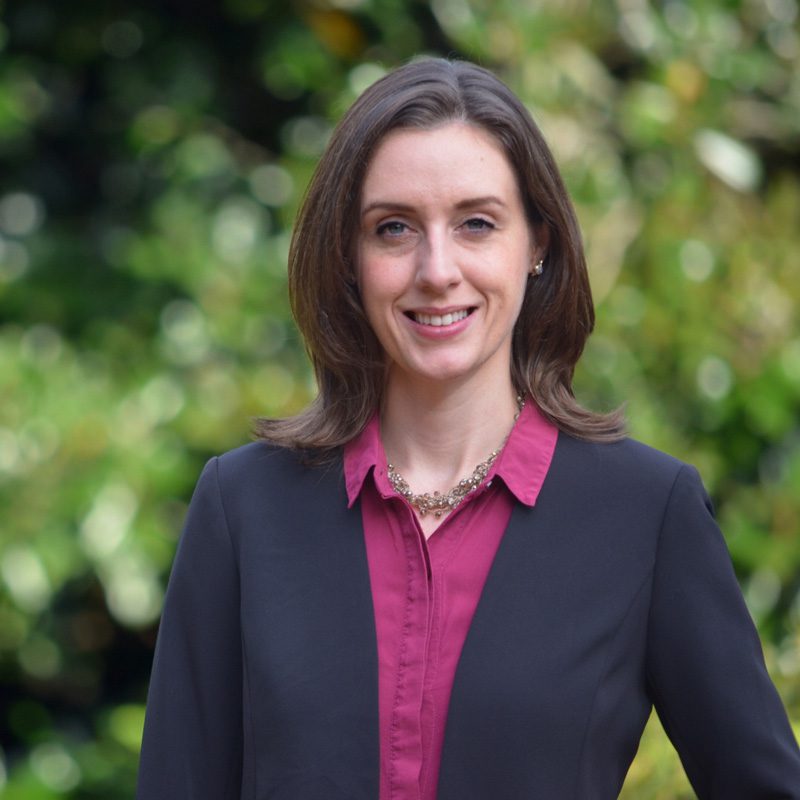
Jessica Sauve-Syed
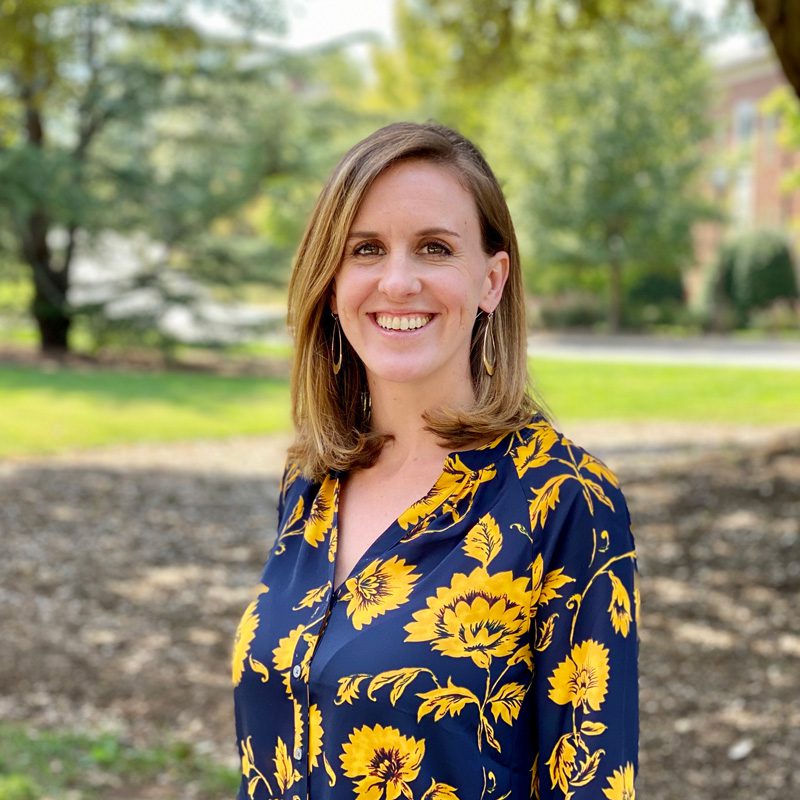
Grace Stadnyk

Mark Woodard

Jeffrey Yankow

Mathematics-Economics Major F.A.Q.
Graduates find many opportunities to take on challenges that shape their careers as economists, mathematicians, critical thinkers and global citizens. The major is appropriate for students interested in pursuing graduate work in economics as well as those who want to pursue employment in fields with a quantitative or economic focus. Graduates often find work in fields such as business analytics, economics, international trade and finance, law, investment management, operations research and statistics. They pursue professions as actuaries, mathematicians, trade officials, investment managers and many others.
Mathematics-economics majors can earn an average salary of $76,000 or higher, according to Merrimack University.How long do
Both the B.A. and B.S. programs are four-year programs.



